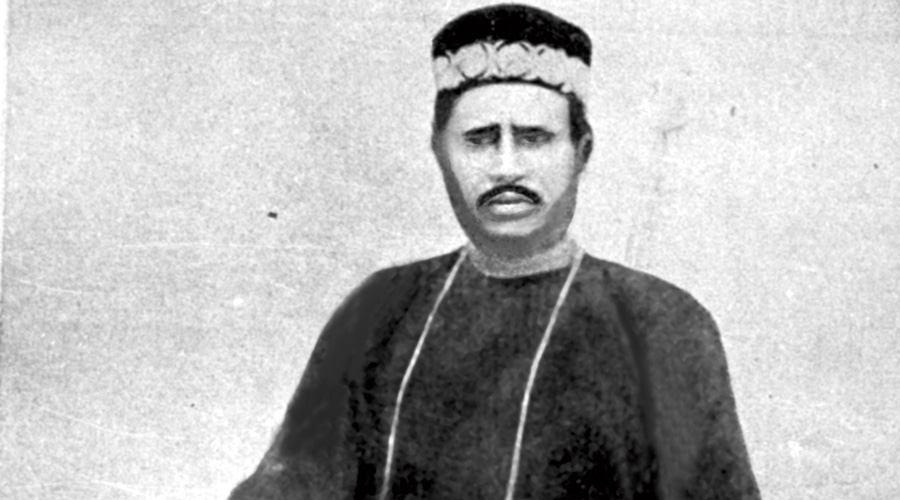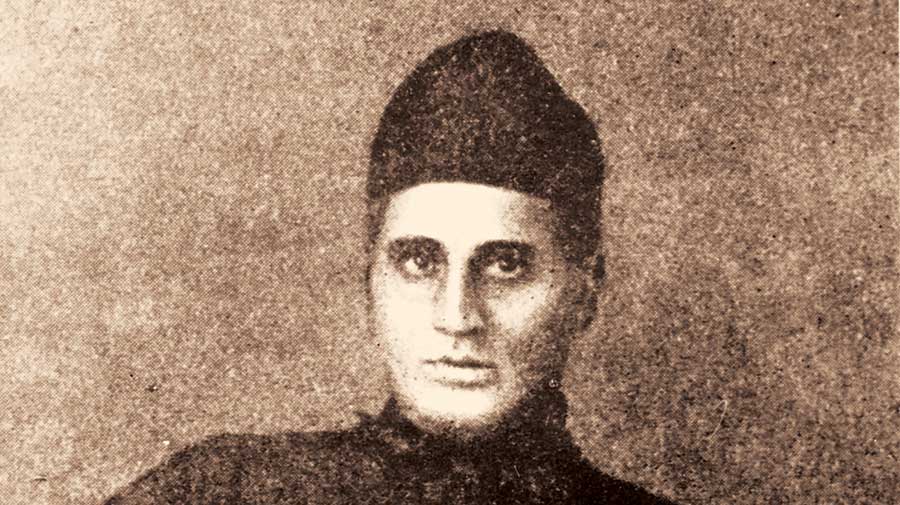Dinabandhu Mitra wrote the play Nil Darpan (1860), a searing account of a farmers’ struggle in 19th century Bengal. Mitra, who had studied at Hindu College but did not appear in the final examinations, began to work as a postmaster in Patna in 1855.
His experience of rural Bengal inspired him to write Nil Darpan, which stunned both Bengali readers and the ruling British with its vivid, heart-rending portrayal of the plight of indigo farmers in Bengal.
One year after the Indian Uprising of 1857, the Indigo Revolt of 1858 saw plantation farmers in Bengal rise against the planters, who were mostly European.
The farmers protested the severe exploitation and the brutalities they suffered at the hands of the planters.
Nil Darpan was published from Dhaka and immediately provoked a controversy. It also brought together some of the best minds of the time.
Poet Michael Madhusudan Dutt possibly translated the play into English, soon after its publication, titling it The Indigo Planting Mirror, though the translator remains anonymous, appearing as “a native”. Reverend James Long, priest, educator and humanist, had commissioned the translation.
The play, which was performed with great success in Calcutta, became a talking point in Europe as well and was translated into several other languages. In Calcutta a case was filed against Long, for libel against the editor of the Englishman and indigo planters. Long was fined a sum of Rs 1,000 by Calcutta Supreme Court.
The amount was paid on the spot by Kaliprasanna Singha, another remarkable personality from 19th century Bengal.
The impact of Nil Darpan here has been compared to that of Uncle Tom’s Cabin in the US, for bringing to light a great injustice.
Mitra wrote several other books, including the celebrated play Sadhabar Ekadoshi (A Married Woman’s Widow-Fasting), a satire that highlighted the deplorable condition of women’s lives in 19th century Bengal.

